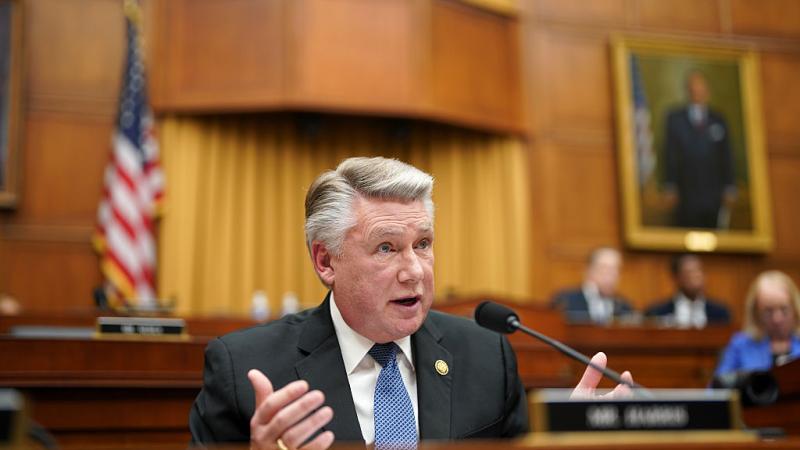Sens. Blackburn, Blumenthal join across aisle to oppose social media ban for children under 13
"Our bill holds Big Tech accountable and puts the burden on the social media platforms, not making parents, in effect, police people for their kids," said Connecticut Democrat Richard Blumenthal.
Sens. Marsha Blackburn (R-Tenn.) and Richard Blumenthal (D-Conn.) disagree with banning children under 13 years of age from having social media accounts, which is part of the bipartisan Protecting Kids on Social Media Act.
Both Blumenthal and Blackburn have introduced alternative legislation, the Kids Online Safety Act, to require "social media platforms to perform an annual independent audit that assesses the risks to minors, their compliance with this legislation, and whether the platform is taking meaningful steps to prevent those harms," according to the senators' offices.
Blackburn and Blumenthal were asked if they would seek to ban or condition the creation of social media accounts below specified ages, similar to the ban in the Protecting Kids on Social Media Act, which is sponsored by Sen. Tom Cotton (R-Ark.) of Arkansas and Sen. Brian Schatz (D-Hawaii).
"I have strong concerns about a bill that puts more of the burden on parents than on Big Tech," Blumenthal replied during a briefing on Tuesday. "Our bill holds Big Tech accountable and puts the burden on the social media platforms, not making parents, in effect, police people for their kids. And I'm also concerned about age verification that would require collection of information, personal and private information about children."
Blumenthal argued that there is a "huge danger" of "exploitation or abuse" with an age verification system, which he said would require a "national database held by government or that a goldmine of confidential private information" be handed over to Big Tech.
Blackburn said she cannot support the Schatz-Cotton social media bill either.
"You cannot support something like the Schatz-Cotton bill does, with the creation of a digital ID for teenagers and then the collection of even more identification, government-issued IDs, things of that nature, from children and their parents," she said.
"So that amount of data in the federal government's hand, you're talking about a data breach waiting to happen," she added. "So ours puts that burden on social media, to design, to do safety by design and default, and to provide that toolbox to parents and teens for policing social media."
Blumenthal told reporters the senators' have made modifications to their bill after speaking with groups like the American Civil Liberties Union.
"We have been in touch with the ACLU along with a number of other groups," he said. "We've made improvements and clarifications to the bill as a result. For example, we've clarified that the bill does not apply to schools or educational software. We've also made sure that there is explicit protection for support services and that we have tightened rules around platforms' data collection."
He argued that the First Amendment should not apply to certain content on social media platforms that can be harmful to teenagers.
"I don't think there's a First Amendment right to drive eating disorder content or bullying or suicide to kids," he said. "We're going to try to meet the ongoing concerns of any groups or individuals who have legitimate suggestions and criticisms. It's has been an ongoing process."














